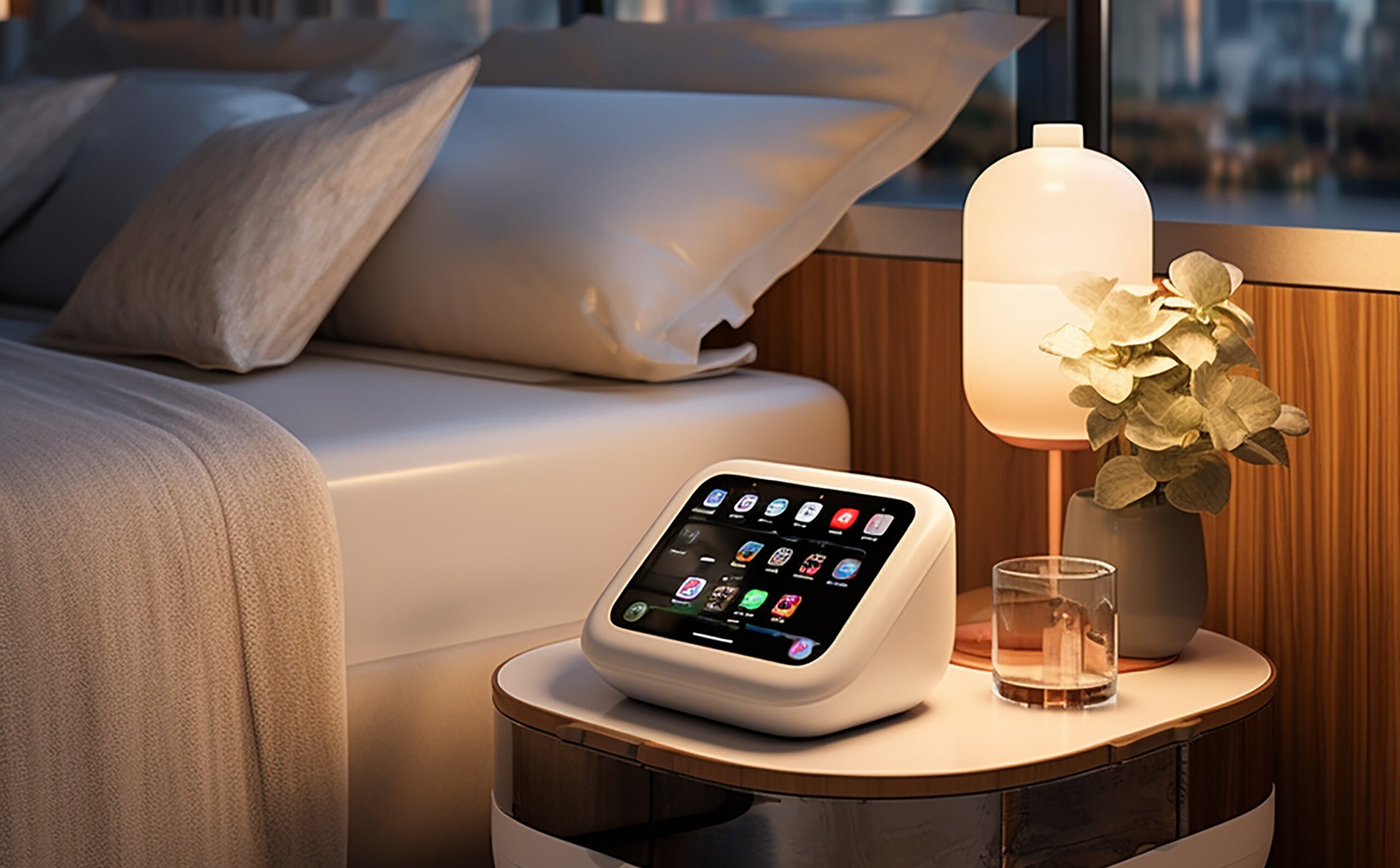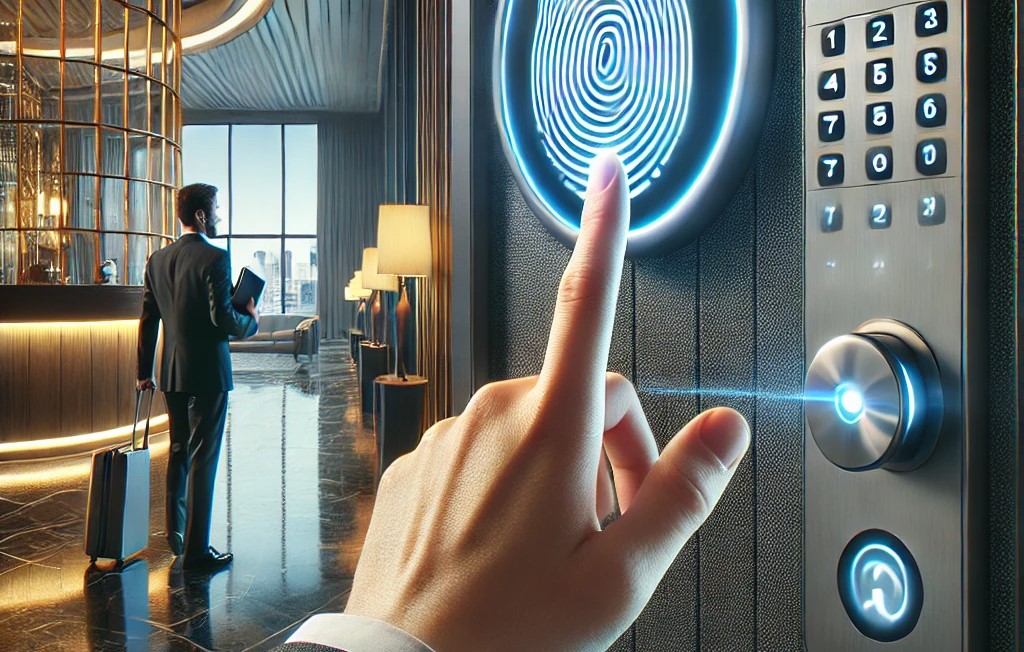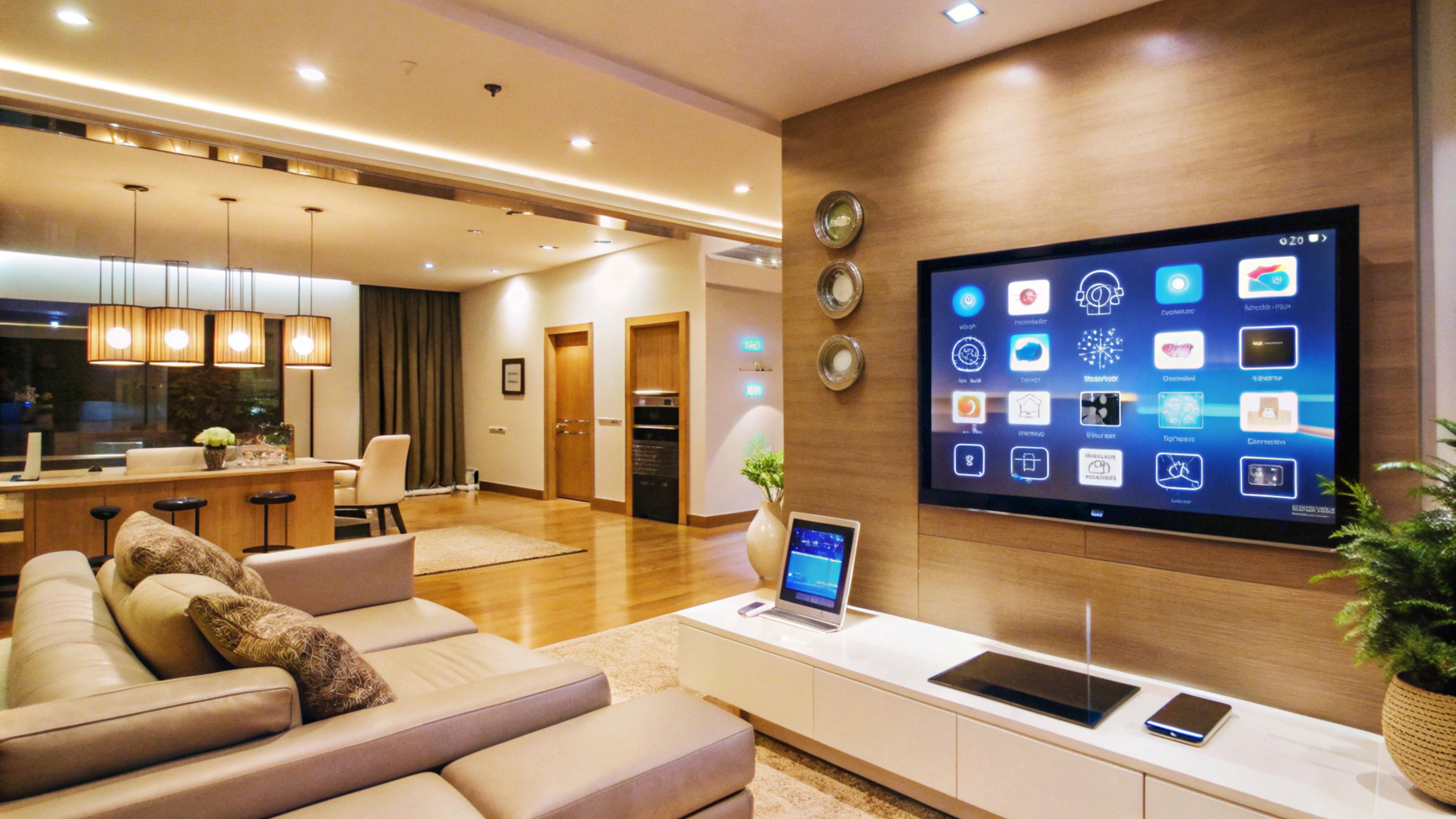
The Impact of Automation Technology on the Modern Hospitality Industry
Historically, the global hospitality industry has always been rooted in providing comfort, personalized service, and memorable experiences. However, with the surge in automation and modern technology, this traditionally people-centric sector is undergoing a rapid transformation. From smart rooms to AI-driven customer service, today’s hospitality landscape is being reshaped to meet evolving guest expectations, improve operational efficiency, and stay competitive in a digital-first world.
MSR, a leading provider of guest room automation and interactive hospitality solutions, is at the forefront of this evolution. Their work with prestigious hotel brands exemplifies how tech integration enhances both guest satisfaction and operational excellence.
A New Tech-driven Era of Hospitality
Today’s travellers expect more than just a clean room and courteous staff—they seek seamless, connected experiences. Technology is no longer just an enabler—it has become a strategic driver in hospitality. Modern guests demand personalization, and instant access to services, often from the palm of their hand. This shift has made automation and digital tools essential, not optional.
Key areas where automation and modern technology are transforming hospitality include
- Guest Experience Personalization
- Operational Efficiency
- Revenue Management and Upselling
- Sustainability Initiatives
Personalized Guest Experiences through Automation
Modern automation tools enable hyper-personalized guest experiences. Whether it’s setting preferred room temperatures before arrival or curating a digital welcome message on the in-room TV, today’s technology allows hotels to anticipate and cater to individual guest preferences.
MSR’s guest-facing TV solution, now live in 60 premium properties across India, provides guests with access to hotel services, restaurant menus, entertainment and personalised offers—all from their in-room TV. The system supports personalized messaging and room service integration, helping hotels deliver elevated, contactless hospitality while streamlining internal workflows.
Such solutions are a reflection of growing demand for convenience, privacy, and customization—all made possible by smart automation.
Operational Efficiency and Streamlined Management
Automation isn’t just about the guest-facing experience—it’s also about spearheading backend operations.
AI chat-bots handle 24/7 inquiries without staffing costs. RPA (Robotic Process Automation) handles repetitive administrative tasks like invoicing and room status updates. Energy management systems reduce utility costs by adjusting room conditions based on occupancy.
MSR has developed a cutting-edge PWA platform that allows hotel guests to control room features—TV, lighting, temperature—and access hotel services such as food ordering, spa reservations, and concierge support. Because the PWA works on any device without requiring an app download, it improves accessibility for all guests while helping hotels reduce service friction and front desk dependency.
Another example worth citing is Hilton’s AI-powered robot, Connie – that assists guests in real-time with directions and information, allowing front desk staff to focus on complex service needs.
Such innovations is automation technology enhance staff productivity, improve guest satisfaction, and lower operational costs.
Smart Revenue Management and Targeted Upselling
Today’s hotels leverage data and AI to make smarter business decisions. Dynamic pricing algorithms optimize room rates based on demand, season, and competitor pricing. CRM-integrated upselling tools offer personalized deals to guests—upgraded rooms, dining reservations, or spa treatments—through timely notifications or on-screen prompts.
MSR’s PWA and TV solutions are API-ready, allowing hotels to connect them with third-party CRM and revenue management platforms. This enables contextual upselling, like recommending a spa appointment through the in-room TV when a guest browses relaxation content—converting passive interest into actionable revenue.
Sustainability and Smart Resource Management
Sustainability is no longer just a buzzword—it’s a business imperative. Hotels are using technology to track energy use, minimize waste, and reduce environmental impact.
Smart thermostats and occupancy sensors automatically adjust room conditions. Digital menus and e-billing reduce paper use. Energy-efficient lighting and appliance automation lower utility bills. With the world becoming more conscious about factors like emissions, carbon footprint and waste management, modern hospitality is increasingly adopting practices of ‘responsible luxury’.
The IHG Group’s Green Engage system allows its hotels to monitor and optimize their environmental footprint. It suggests sustainable operational strategies, which also help cut costs.
MSR’s guest room automation solutions contribute to sustainability by automating climate control, lighting, and curtain operations based on occupancy or time-of-day presets. This reduces energy consumption and supports eco-certification efforts.
Contactless Technology in a Post-COVID World
The COVID-19 pandemic dramatically accelerated the adoption of contactless technologies. Hotels pivoted to mobile check-ins, QR-based menus, virtual concierge services, and voice-activated controls to meet new hygiene expectations. Now, even as the pandemic subsides, many of these solutions are here to stay—not just as safety measures, but as preferred options.
One of MSR’s recent innovations allows hotel guests to scan a QR code from their room to browse curated menus and place food orders digitally. This feature simplifies room service management, enhances convenience, and supports hygienic, touch-free interaction.
Balancing Automation with Human Touch
Despite its advantages, automation must be implemented thoughtfully. Hospitality is built on empathy and emotional intelligence—qualities technology can support, but not replace. The best experiences combine human warmth with technological efficiency.
A smart concierge should enhance—not replace—staff availability. An automated check-in system must be backed by quick human support for issues. Automation should be designed to work in coordination with hotel staff to provide optimum results that provide high operational efficiency along with personalised service offers that can boost guest loyalty.
Hotels that strike this balance effectively will win guest loyalty in the long term.
Conclusion
The impact of automation and modern technology on hospitality is both transformational and ongoing. From redefining the guest journey to optimizing internal operations and supporting sustainability, these innovations are creating a smarter, more responsive, and guest-centric hospitality industry.
Pioneers like MSR are leading the charge by equipping hotels with future-ready tools—from interactive guest entertainment to fully integrated room automation platforms. As hotels continue to adapt, those that embrace innovation while preserving the essence of hospitality will emerge as the new leaders in the field.
BACK TO ALL BLOGS

